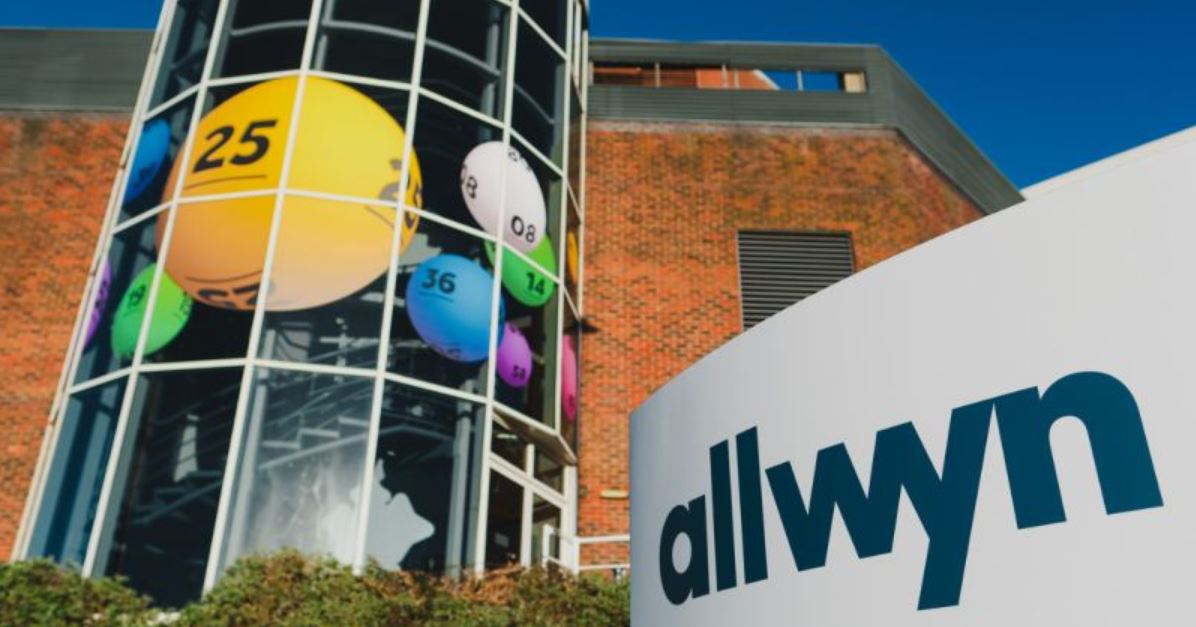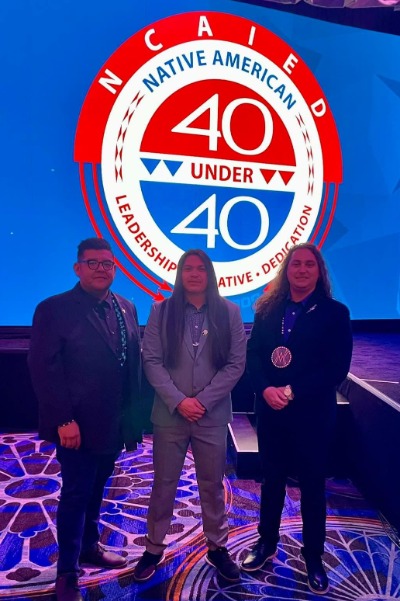
Two ballot initiatives have been filed with the state’s attorney general that would give tribes the exclusive right to offer retail and online sports betting in California.
In both votes, Reeve Collins, co-founder and CEO of Pala Interactive, is named as the contact person for media inquiries. Pala Interactive was founded in 2013 by the Pala Band of Mission Indians and was acquired by Boyd Gaming in November 2022.
Ballots were submitted on October 27th.
One of the proposed ballots, titled “The Sports Wagering Regulation and Tribal Gaming Protection Act,” contains detailed information about how sports betting would work among tribes in California. By amending Article IV, Section 19 of the California Constitution, the proposal would require tribes to deposit 15% of their adjusted gross gaming revenue (GGR) from sports betting into the tribal sports betting revenue sharing trust fund.
Tribes would also be required to contribute 10% of their adjusted GGR for sports betting to California’s Homelessness and Mental Health Fund. All advertising for sports betting may only be directed at people aged 21 and over.
Tribes would have to work with sportsbooks that would act as providers. Operators must be licensed by the Tribal Gaming Agency and approved by the California Gaming Agency.
The other ballot proposal, titled “The Tribal Gaming Protection Act,” would require sports betting to be offered exclusively through tribes in California.
Tribal reaction
Victor Rocha, conference chairman of the Indian Gaming Association, claimed that Pala Interactive asked tribal leaders in California not to speak to the press until they had spoken to tribal leaders.
“Can we talk about the ignorance of the fools at Pala Interactive/Boyd,” he continued Xformerly known as Twitter.
“These idiots actually sent a letter to California tribal leaders asking them not to speak to the press until they had a chance to speak to leadership.”
However, David Strow, vice president of corporate communications for Boyd Gaming Group, responded by saying, “It wasn’t us, Victor. The former Pala Interactive (now Boyd Interactive) had nothing to do with this filing.”
The ballots were also criticized by the California Nations Indian Gaming Association (CNIGA), with the group expressing disappointment that they were not contacted for consultation.
“The California Nations Indian Gaming Association is deeply disappointed that the sponsors of the two recently submitted initiatives did not first reach out to the state’s largest tribal gaming association for guidance and input,” CNIGA’s statement said. “Instead, CNIGA and our member tribes were made aware of their existence when they were filed with the Attorney General today.”
“Decisions about the future of tribal governments should be made by tribal governments. While the sponsors of these initiatives may believe they know what is best for the tribes, we encourage them to engage with Indian Country and ask rather than dictate.”
Surprise voices
The filing of the proposed ballots comes as something of a surprise due to the late filing and the fact that California voters rejected sports betting proposals just last November. The November 2024 election will take place on November 5th.
Sports betting had become increasingly less important in California throughout 2022, with a poll in February of this year showing some support for it.
In May, it was confirmed that a proposal to allow sports betting in the Golden State would appear on the ballot in November 2022. This should be done in parallel with another sports betting initiative supported by tribal gaming groups titled Tribal Sports Betting Act Initiative.
But Democrats in California recommended voters vote “no” on sports betting proposals. They did not support the tribal proposal, but supported a no vote on Proposition 27, which was supported by the operators.
Although both suggestions appeared on the November 2022 ballotthey were ultimately rejected by voters.
What are the next steps?
Pala Interactive has 180 days to collect the signatures needed for the vote using random sampling. However, this would push the deadline to the end of April 2024, meaning submission would not be possible until late in the season.
A random sample is required if the Secretary of State determines that the number of raw signatures is 100% or more of the total number of signatures required. In the case of Pala Interactive, the total number of signatures required is 874,641. This is the amount required for votes on amending the Constitution.
The random sampling method requires election officials to verify at least 500 signatures in their office.
Pala Interactive has until April 23, 2024 to submit the petition to the country’s election officials.
A full verification method is used when the total number of valid signatures is between 95% and 110% or more of the signatures required to progress.
Anyone who submits a ballot to the attorney general must allow a 65-day period between submission and collection of signatures. This would mean that signature collection would begin on January 1st.







